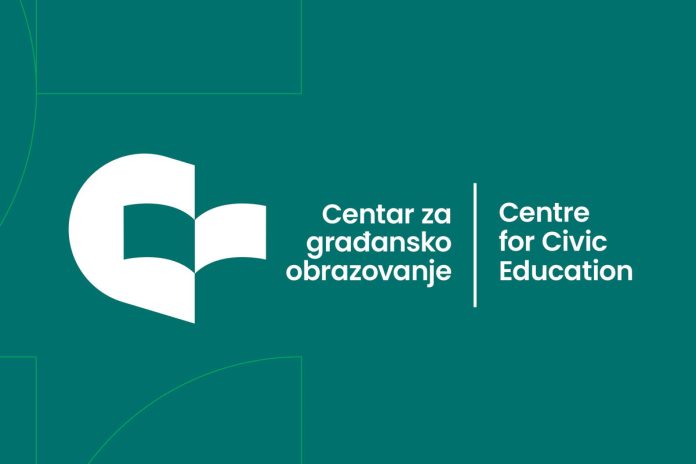Over 58% of Government Sessions Were Not Held Live: Governing Shouldn’t Rely on “Views” and “Likes”
Research conducted by the Center for Civic Education (CCE) reveals that over 58 percent of government sessions have been held “remotely” rather than live. This practice undermines the essence of democracy, as critical decisions regarding security appointments and legal amendments cannot simply be made through Viber or WhatsApp, according to the NGO’s assessment.
The CCE has expressed concern over the increasing trend of the Government of Montenegro making vital decisions—especially in security, justice, education, and state administration—through telephone sessions.
“In just the past two months, significant decisions affecting the institutional framework and state operations have been made via phone, including the appointment of the National Security Agency director, proposals for amendments to the Law on the Judicial Council and Judges, the Law on the State Prosecutor’s Office, the Law on Financing Local Self-Governments, and regulations regarding the organization and functions of state administration, as well as amendments concerning which ministries can appoint state secretaries and the management of budget reserves,” stated the CCE in a post on social media platform Iks.
“Telephone sessions should only occur in urgent and justified situations, rather than as a standard practice that bypasses discussion, diminishes accountability, and operates out of public view. It is irresponsible to manage the state based on ‘seen’ and ‘like’ metrics,” highlighted the CCE.
The organization has urged the Government to promptly revert to democratic processes and, instead of engaging in group “chatting,” to restore a basic level of institutional integrity.
News


